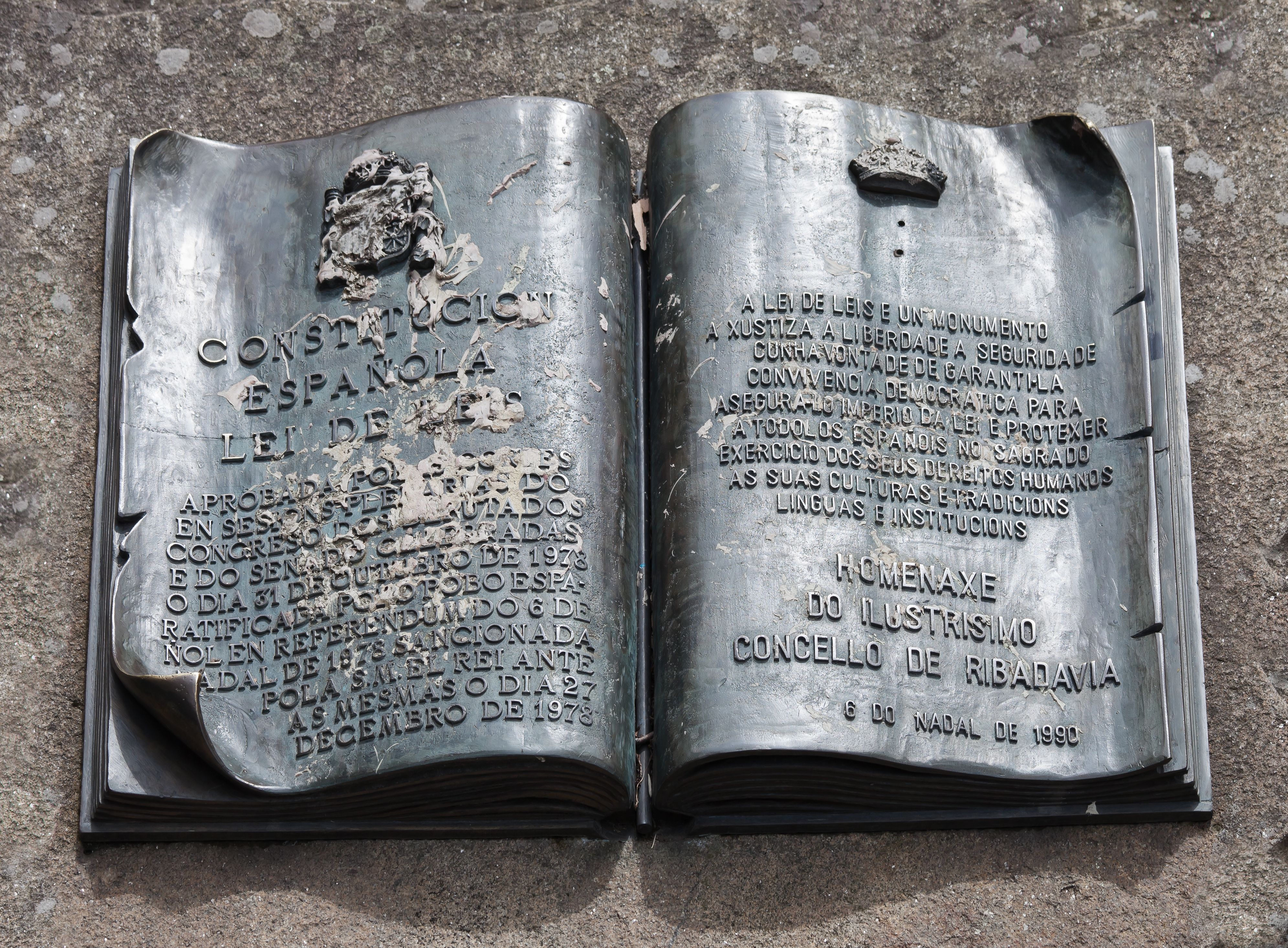Constitutional reform is gaining support in Spain, according to the latest barometer from CIS, the Centre for Sociological Research. 69.6% of Spaniards believe it necessary to reform the 1978 Constitution "at this time". Of these, more than half support a "major" or even an "almost complete" reform.
Around the 40th anniversary of the Constitution, only 14.9% of respondents believed it "should be left as is" and 14.2% were unsure.
Among those who support reform, 33.2% propose a "small" change; 49.3% an "important" reform, and 14.0% "almost complete" overhaul.
What reform is needed?
Asked what should be improved in the Constitution, in first place, 32.4% said coordination of powers in health and education (they could mention up to two areas), followed by increasing transparency and regulation of political activity, with 28.9%.
Improving social rights (22.7%), regulation of the powers of the autonomous communities (19.3%), the succession to the crown (12.6%) and reforming the electoral system (16.7%) are other matters on the minds of large segments of the population.
Despite this all, however, when asked how happy they are with how things have gone with the Constitution since it was enacted, 47.3% said they were "very" or "quite satisfied". 27.7% admit to being "little" or "not at all satisfied". Moreover, 67.3% believe the way the transition to democracy after the Franco dictatorship happened is a reason for pride, against 22.0% who believe not.
As for the structure of the state, most respondents, 36.2%, would prefer to maintain the current system of autonomous communities. 11.6% support removing powers from the autonomous communities whilst almost a fifth, 19.9%, want to get rid of them altogether and just have a single, central government.
Independence
In the other direction, 14.2% support more decentralisation and 10.2% believe that the autonomous communities should have the right to become independent states.
More than half said they identified as much with Spain as with their autonomous community. 7.4% identify more with the former than the latter, whilst 16.3% say they only feel Spanish. On the other hand, 6.5% feel only from their autonomous community, whilst 10.4% feel more so that than Spanish.

